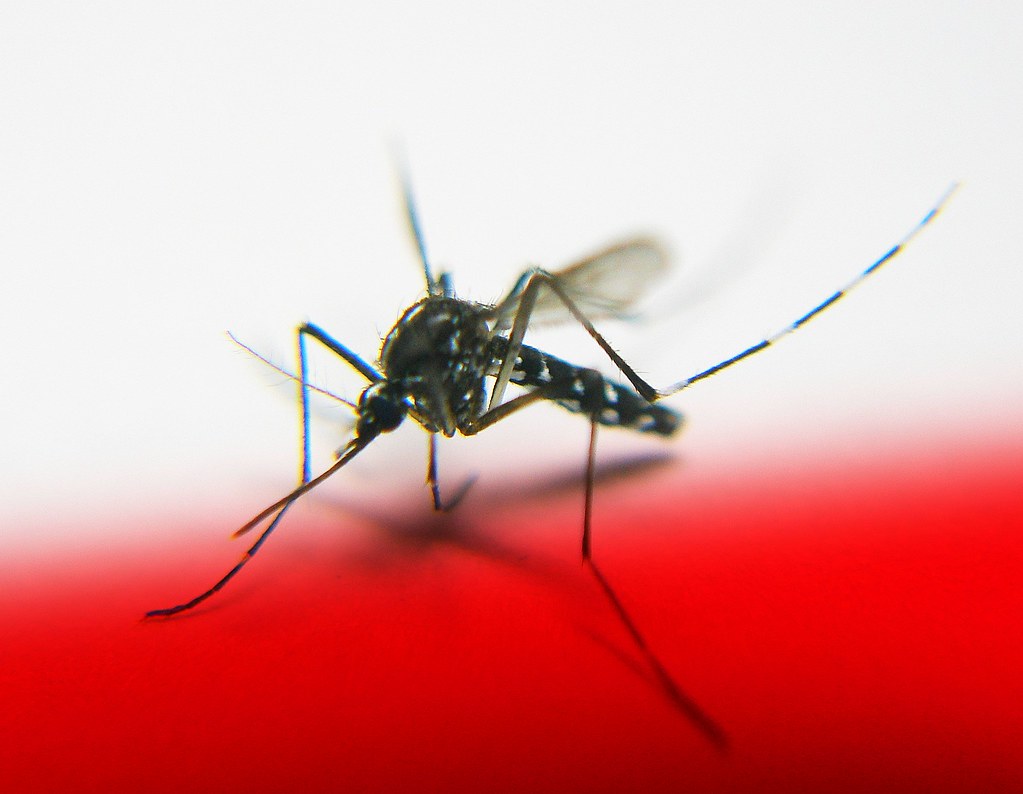Third-person in Massachusetts has been confirmed with this rare Eastern equine encephalitis (EEE) within this year while the State Public Health Department suspects there might be more. This third person is over 90 years old who has been identified as a native of Plymouth County.
Confirmation of this new case has increased the risk of rare Eastern equine encephalitis (EEE) and the situation is marked “critical” in Halifax which was previously “high”. This threat is significantly high in the areas of East Bridgewater and Hanson, all of which come in Plymouth County.
Also read- China’s Food Waste Policy In Restaurants Under Criticism
The three counties in Plymouth, Massachusetts with the critical risk of Eastern equine encephalitis (EEE) include Carver, Halifax, and Middleborough.
EEE virus lives in mosquitoes and is transmitted to humans once these mosquitoes bite them. Although there are very rare cases of EEE reported in the US and it is more common in Gulf areas. The Centers for Disease Control and Prevention (CDC) reports 30% of EEE patients are likely to die and the others live their lives with continuing neurological impairments.
EEE virus can also infect a number of animals such as mammals, reptiles, birds as well as amphibians. It can not enter inside a human host directly which is why it relies on carriers that are mesquites to transmit the virus in humans.
EEE can not spread from one person to another person, or from people to animals or from animals to people by touching. The only way that it enters into the body is by mosquito bite.
The first case of the EEE this year was reported on the 3rd August when an 18 years old boy from Middleborough was tested positive. The second EEE case was confirmed on 15th August in a 60 years old woman from Hampden County.
The chances to get Eastern equine encephalitis are extremely rare but if someone is tested positive, there are fewer chances for him to survive. Contrary to popular opinion, it can affect anyone and is not just confined to old age people as its victims. Last year, the health department of Massachusetts confirmed 19 cases of EEE 6 of which lost their lives.
This year, the EEE virus is identified in 64 samples of mosquitoes and more than 70% of these mosquito species can spread this virus and infect human hosts.
Also read- More US Universities Are Closing Again Due to Coronavirus Transmissions
The Public Health Department has warned all residents to avoid going out in areas that may possess mosquitoes around. They are also recommended to use mosquitoes repellants and avoid all types of exposure to them. For the high-risk communities, all outdoor activities are limited and people are being told to schedule their visits outside. In general, everyone is warned not to go out at dawn and dusk which are the peak times of the mosquitoes activity and involved in spreading EEE.
The DPH is working along with the local health officials as well as the Department of Agricultural Resources in Massachusetts to start public awareness campaigns against the potential spread and coordinate the surveillance for the mosquito invasion.


